Artificial intelligence (AI) is swiftly moving to the mainstream and emerging as a powerful engine for many organizations, prompting them to jump on the AI bandwagon to accelerate growth, innovate, and disrupt the market. The Indian government and industry bodies are extensively focusing on building an AI ecosystem that could help the country to develop and implement cutting-edge solutions (See: New CII forum formed to help build an AI ecosystem).
However, according to a recent study, Indian enterprises need to beef up their risk-management capabilities to leverage AI’s potential and dodge threats that may emerge after scaling up AI deployments.
The study titled, Can enterprise intelligence be created artificially?, commissioned by global consulting major EY and trade association body Nasscom, says that 60% of Indian executive leaders believe that AI will disrupt their businesses within three years. Yet, only 25% of enterprises have deployed AI solutions. Over 500 top CXOs across India participated in this survey and shared their AI adoption journey highlights along with the critical challenges faced by their companies.
The findings of the EY-Nasscom survey also disclosed that the majority of the enterprises are still battling out governance and risk management concerns for mass AI adoption. According to the EY-Nasscom survey, 74% of the respondents said that they had established a formal strategy or obtained C-suite sponsorship to initiate or scale up their AI programs. However, despite riding the AI bandwagon, a whopping 88% of the respondents stated that their risk management frameworks required improvements to address AI-specific concerns in areas such as ethics, accountability, and explainability.
After a couple of years of rigorous prototype testing and its applicability in the modern-day technology ecosystem, Indian enterprises are now finally waking up to the potential of AI and plan aggressive deployments. There is a broader understanding that AI adoption will help enterprises strengthen their cost-optimization efforts, operational efficiency, customer experience, and revenue growth. The time is now to move away from the development aspect to model validation.
A good governance structure is missing
AI tools are largely statistical models. They can be customized and come in wide ranging forms. Such models have their benefits and challenges.
One of the critical advantages that AI offers is its incredible competence to simplify the decision-making process. The integrated analytics and data science act as a catalyst for transformation, enabling enterprises to review in-depth insights and make precise decisions. It empowers leaders to transition time-consuming, complex, and repetitive tasks to AI-driven tools, thus assigning more meaningful responsibilities to them while freeing up the resources.
It is a well-known fact that various AI tools, such as robotic process automation (RPA) and natural language processing (NLP), need diverse technology combinations to demystify their true potential.
Like every technology, AI deployment needs strategic planning and strongly interconnected governance models to make it a success in any ecosystem. Some of the core risks allied with AI include algorithm-related bias, legal compliance, concealed cyber attacks, programmatic errors, and overdependence on the technology. AI systems handle vital and sensitive organizational data, and hence, these risks, if not appropriately managed, can cause ambiguous and misleading results, leading to massive loss of corporate reputation and revenue.
“AI needs to be understandable, auditable, and grounded on reliable data. Integrated governance is needed to promote the reliability of data gathering, storage, and its usage, with adequate safeguards built-in through a robust risk management framework. Almost half of the surveyed enterprises state that their data strategy, specifically as it relates to harmonizing data from disparate datasets and strengthening data security, has significant scope for improvement to ensure AI-program success,” the EY-Nasscom study adds.
Some of the other elements that may influence the AI-success in any organization include the availability of accurate data, the digitization level of an enterprise, and the maturity of the partner network.
Debjani Ghosh, President, NASSCOM
“As industry witnesses a rapid advancement in new technologies, Artificial Intelligence increasingly becoming an imperative for businesses across industries. Implementing AI will not only catalyze the innovation to stay competitive but also generate long-term value for enterprises. The NASSCOM – EY survey is ready reckoner that AI adoption is a critical competitive lever. It enables business leaders to infuse technology at speed.”
Vijay Bhaskaran, Partner – Technology Consulting, EY
“AI has immense capability to unlock exponential value for businesses and navigate the complexities of the ever-evolving digital economy. However, enterprises too need to equip themselves with the right AI platform that can help them rapidly adopt and scale AI solutions, resulting in faster, smarter and future-ready businesses. It is our constant endeavour to help organizations transform by automating intelligently with our unique propositions in artificial intelligence (AI) consulting.”
Nitin Bhatt, Partner & Technology Sector Leader, EY India
“AI holds tremendous potential in helping companies innovate, enhance competitiveness and generate significant long-term value. AI adopters have already achieved remarkable success in transforming their business models, operational processes and stakeholder experiences. As business leaders continue to push the frontiers of technology and the future success of AI will be driven only by our inspiration and imagination.”




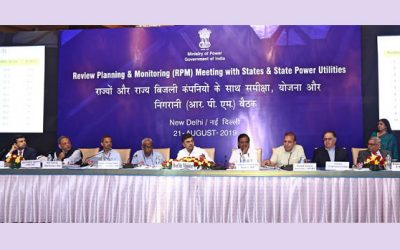
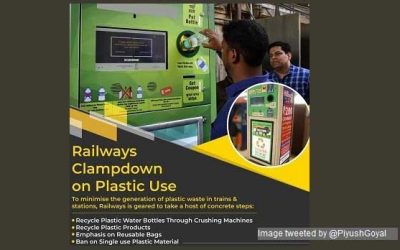
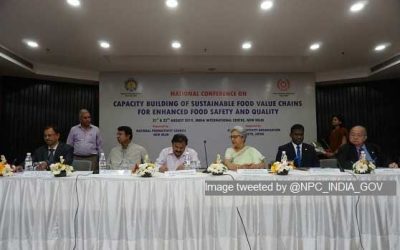
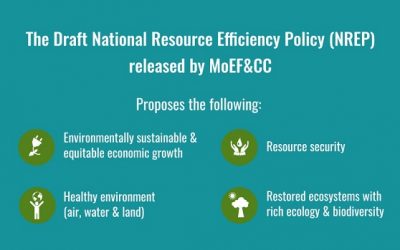
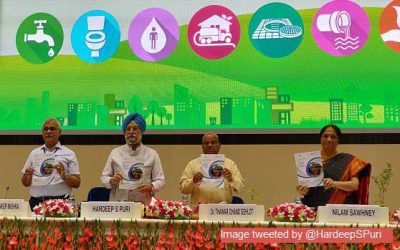

0 Comments